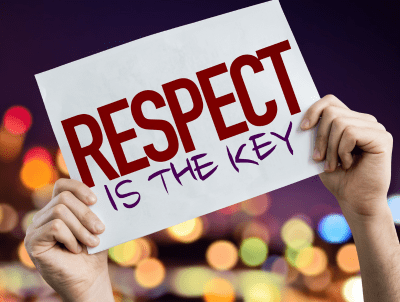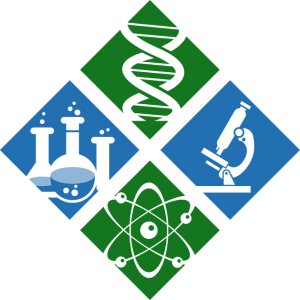The Essence of Respect in Leadership:
Insights from John Sadowski, ALMA Executive Director
When I was a technology director, a senior VP gave me some advice that has stayed with me throughout my career. He said that all managers want to be loved, want their reports to be loyal, and want to be respected. However, he advised, "don't let the L's get in the way." This nugget of wisdom has profound implications for effective leadership and management. 
It's undoubtedly easier to get up on Monday morning knowing that when you get to work, everyone loves you and is glad to see you. However, if everyone loves you, it's very likely that you are not making those tough decisions that are necessary but may not be popular with your reports. Avoiding necessary tough discussions to not upset anyone can hinder progress and effectiveness. Similarly, if everyone is loyal and has your back unconditionally, your ideas and decisions may not be challenged. This lack of challenge stifles innovation and improvement, allowing the status quo to prevail.
The senior VP's advice emphasized that earning the respect of others is the most important aspect of leadership. Respect comes from being fair and consistent, being vulnerable, and doing what's right for the organization, even if it's not the most popular thing to do. Respect is not given lightly; it is earned through actions and integrity.
Respect is a two-way street. To be respected, we also have to respect others. This includes recognizing and working with the differences between people. Today's workplace is a rich tapestry of individuals with diverse skills, backgrounds, cultures, and experiences. Embracing these differences and leveraging them can significantly enhance an organization's effectiveness.
In conclusion, the essence of leadership lies in earning and giving respect. By making tough decisions, embracing diversity, and fostering an inclusive environment, leaders can build strong, effective teams. As we gather to learn and grow at ALMA's 45th conference, we are reminded of the importance of these principles in creating a thriving organizational culture.
We are proud to support this ethos at our 45th conference, where we have dedicated three segments of the program to recognizing and working with these differences. Dr. Ivonne Chirino-Levans, Professor of Organizational Behavior at the Kenan-Flagler Business School at the University of North Carolina, will conduct a half-day interactive workshop titled "Cultural Competence for Laboratory Managers: Enhancing Retention and Results." This course aims to equip managers with the skills to better understand and manage cultural diversity within their teams.
Dr. Marie Mitchell, also a Professor of Organizational Behavior at the Kenan-Flagler Business School, will share her research on the influence of gender on leadership. Her insights will help managers understand how gender dynamics can affect leadership styles and effectiveness.
Additionally, Dr. Rhonda Harrison, a consultant on relations, will provide a presentation on Diversity, Equity, and Inclusion (DEI) in the laboratory. Her session will focus on strategies to create a more inclusive and equitable workplace, which is critical for fostering a culture of respect.

